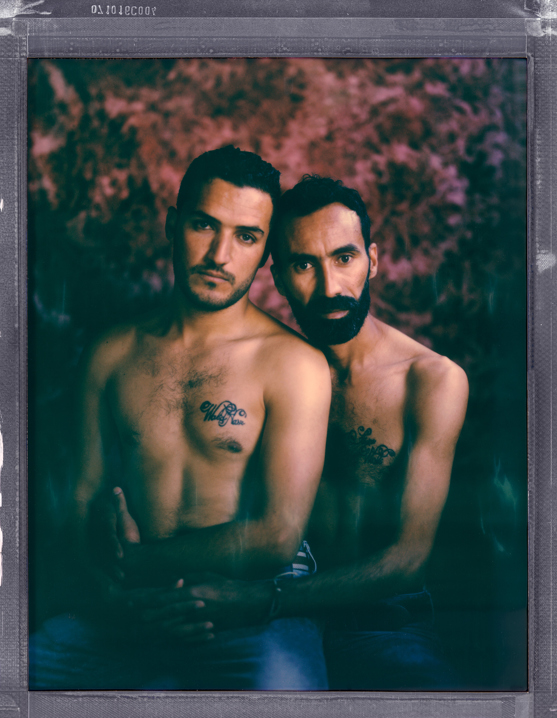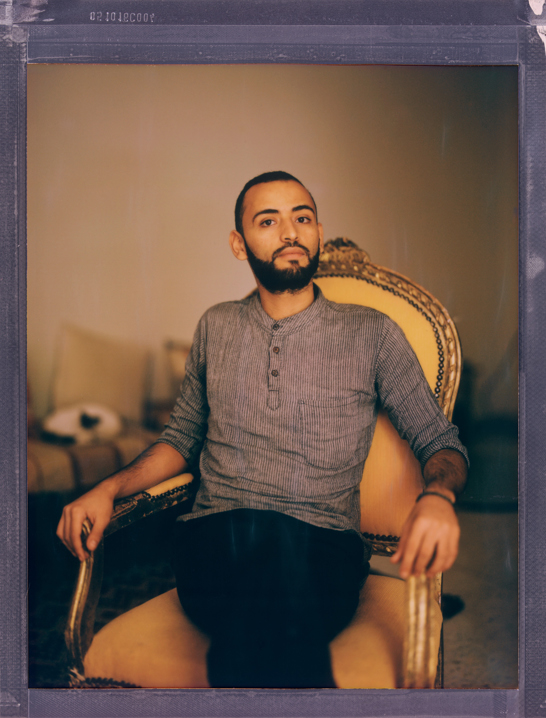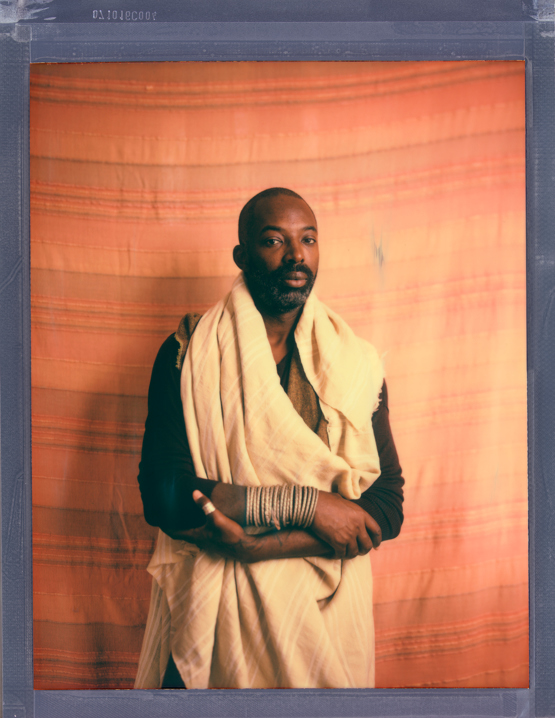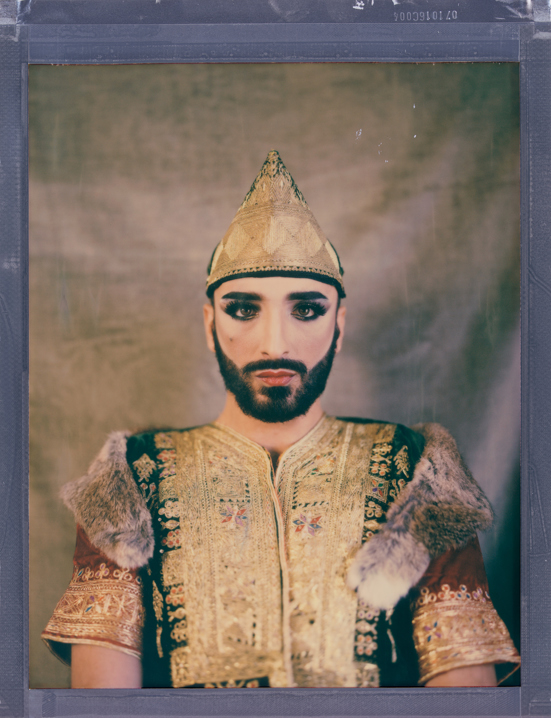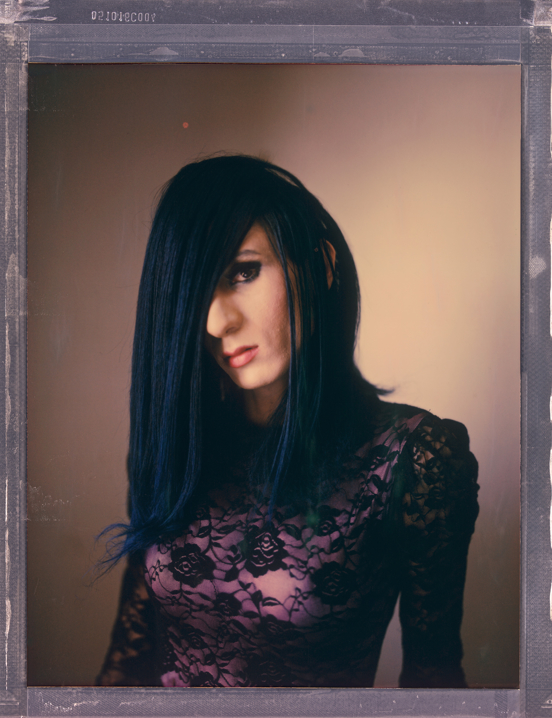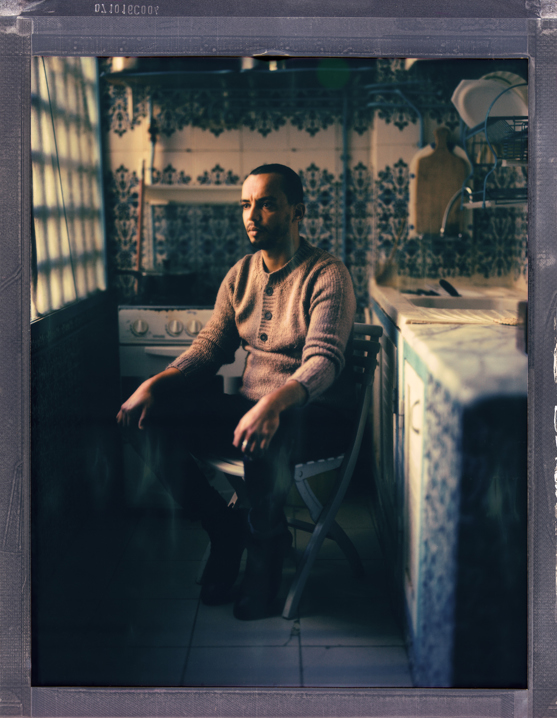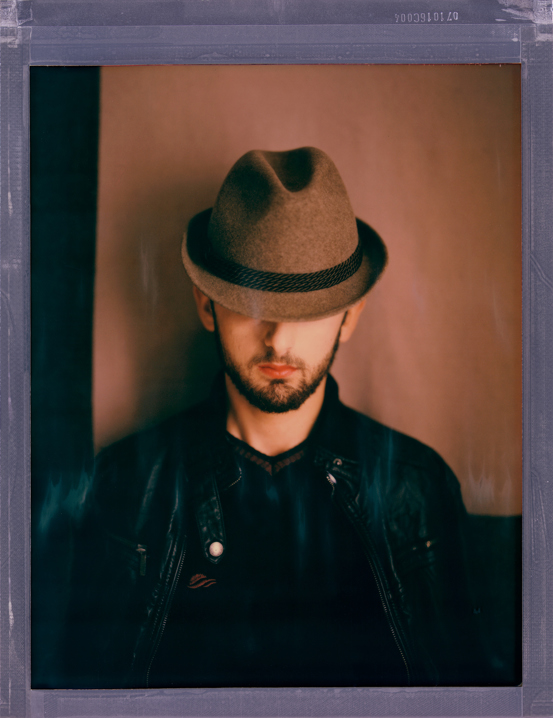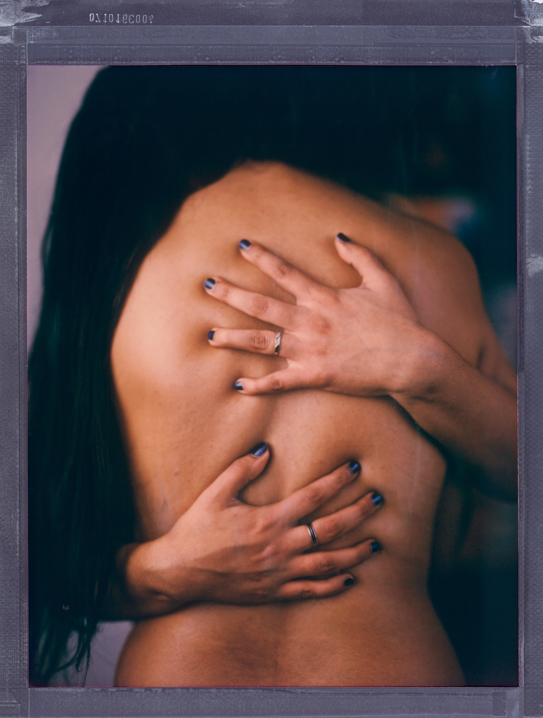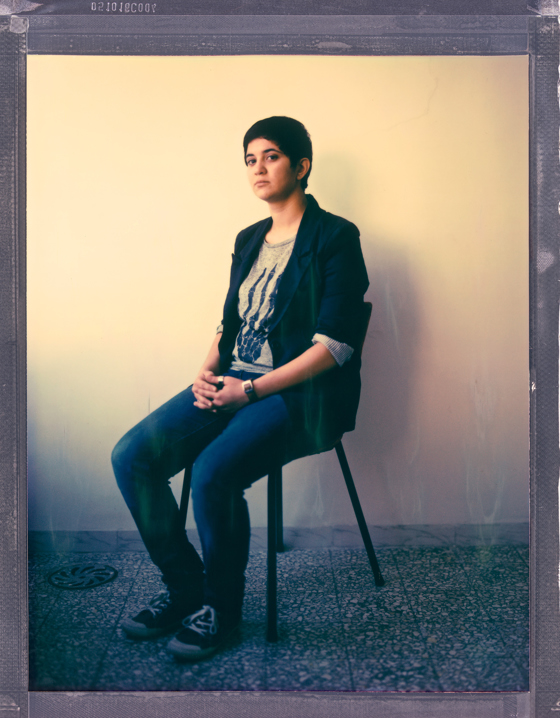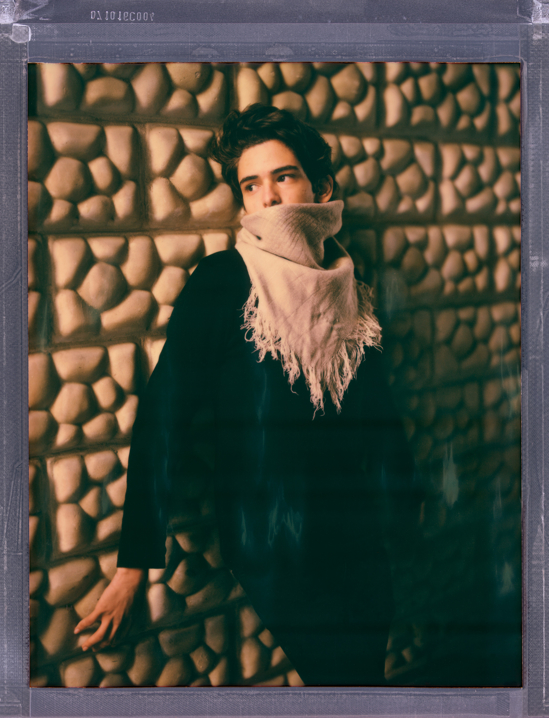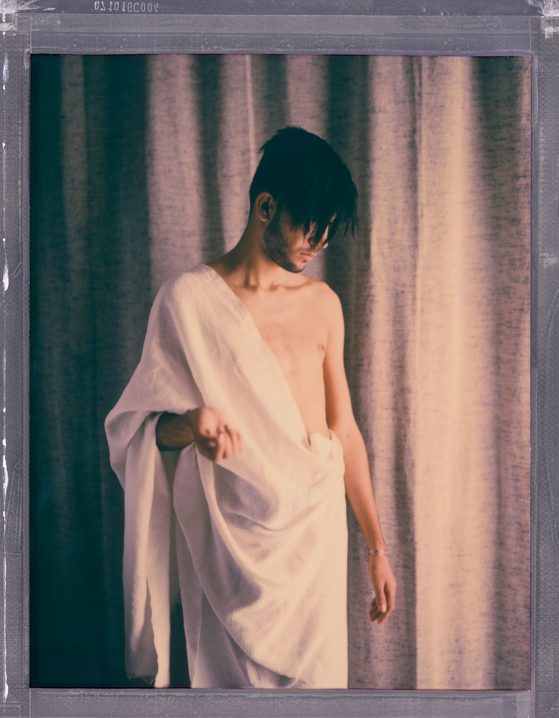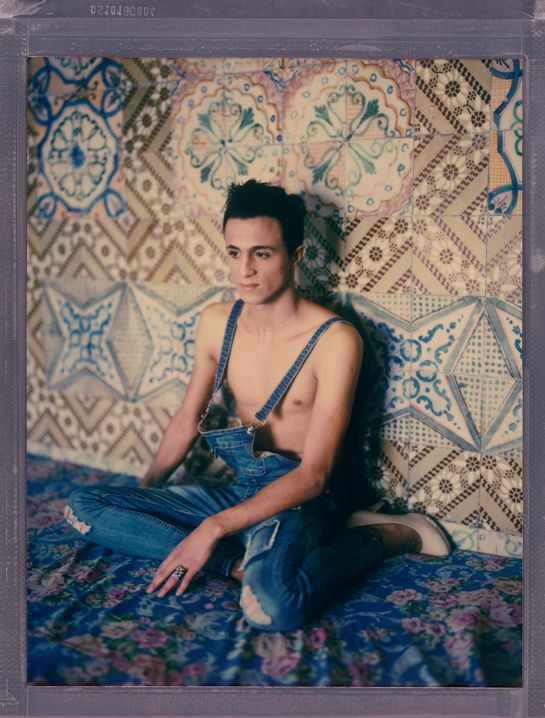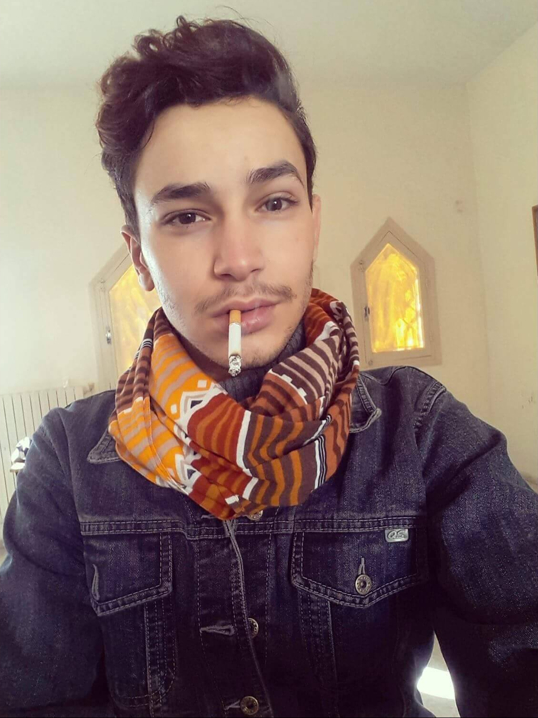
Ash/
Tunisia
“I spent nights crying tears on cheeks tears on my pillow I couldn’t cry out loud because if someone hear me they would think I am a monster and pervert I felt so weak and alone I hated myself and I tried to change but one day I stood up and said to myself what if this would be ur last day in life would care about what others say would u care about all the people who are trying to put u down ?”
READ THE STORY